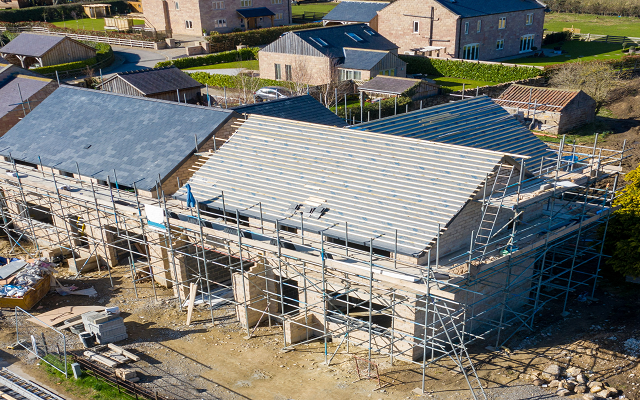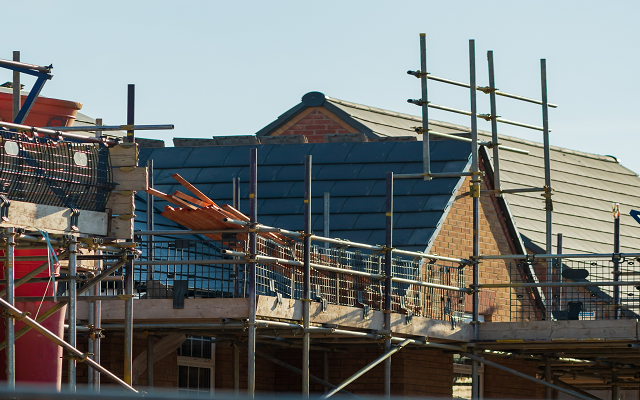Covid-19: Impact on the planning system and strategic development
The following is a round-up from Strutt & Parker’s national planning team on changes to the planning system as a result of Covid-19, including key considerations for landowners with strategic land.
Planning consents
The government’s guidance to local planning authorities is to ensure the planning system continues to function, especially where this will support the local economy. The line is very much ‘be practical, be pragmatic and let’s plan for the recovery’.
In England, local planning authorities have been given new powers to hold public meetings virtually, using video or telephone conferencing. Virtual attendance by phone or video counts towards the number of councillors or members of a group required to make a meeting valid, the rules of which have not changed.
Some local authorities have been quicker than others to make these changes.
The Planning Inspectorate (PINS)
PINS continues to operate but has had to change the way it works.
Site visits, hearings and inquiries have been postponed until further notice and PINS is trying to develop ways in which planning appeals, rights of way and Commons Act 2006 cases can be progressed without a site visit. It is going to hold its first digital hearing, via telephone or video conferencing, on 11 May.
Local Plans remain a priority and inspectors are continuing with work on examining them, where possible. However, we do expect delays as hearings cannot happen at the moment.
Housing building targets
Covid-19 is likely to mean some house building schemes are delayed or even cancelled. Local planning authorities may consequently need additional housing schemes to fill any gaps in housing delivery rates. Landowners should consider offering any schemes to local planning authorities that were previously not included in housing delivery targets.
Strategic land – options and promotion agreements
Land with potential
It is important to identify the right promotion partner who has the track record, experience, financial standing and ultimately cashflow to be able to actively promote your land so that a ‘window of opportunity’ is not missed.
The strategic land market has been extremely competitive over the past few years. Demand for good strategic sites has significantly outstripped supply.
Businesses which are well-capitalised are continuing to look for sites to buy, whereas others, including some of the more recent entrants, are over-exposed and reliant on sales to fund future acquisition. They are finding the current climate very challenging and some may not survive.
In most cases the relationship with a strategic promotion partner will last for many years, so undertaking detailed due diligence and choosing the right partner at the outset is critical. Our development team has considerable experience in carrying out this type of due diligence and managing the relationship with a promotion partner.
Land that is already being promoted for development
In order to keep the development process progressing, it is important that time-critical survey work, such as ecological surveys, continues to be commissioned or updated where safe to do so.
We also recommend that landowners check the financial standing of their existing promotion partners. This may be informal or more formal. Key questions to ask include whether they are under any financial difficulties? Are they still actively promoting the land? Are they satisfying the obligations expected of them under the promotion agreement?
If they are having difficulties, the landowner should consider how they can work with the partner to identify and deliver a mutually beneficial solution. This could be joining with a third party or even assigning the promotion agreement.
Land where a promotion agreement is nearing its end
Landowners should be very aware of the timescales associated with planning permissions and consider what actions are needed to preserve them. This should be done well in advance of them expiring.
Development land transactions are still taking place, albeit at much reduced volumes, and payment profiles and timescales for completion have in some cases been altered to help get deals over the line.
Given the complexity of promotion agreements and planning rules, we strongly advise all parties to take expert professional advice on timing, the state of the market and identifying potential buyers of the land.
This is a key – potentially life-changing decision – so the right purchaser must be identified; they should have the right skills and philosophical fit for you and your site, as well as the financial means.






